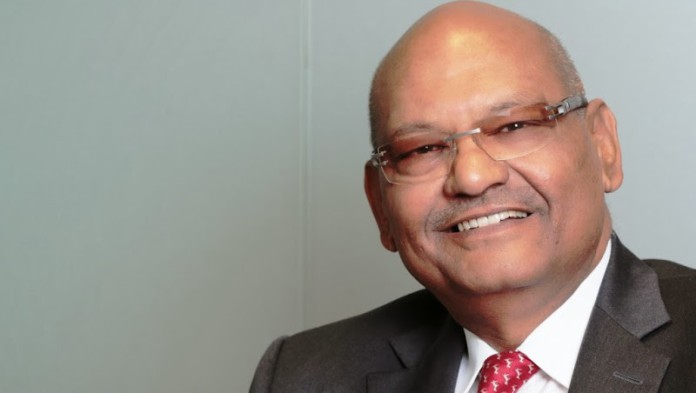
VEDANTA took the unusual step of countering Zambian president Edgar Lungu’s populist statements earlier this month saying in an advertisement published in newspapers that the country risked losing its status as an investment friendly country.
In a visit to the copperbelt on May 17, Lungu said the country would “divorce” itself from certain foreign investors. His comments came on the back of possible operational closures by foreign-owned mining companies, including Vedanta, and – amid declining economic conditions nationally – a by-election reverse for his party, the Patriotic Front, in the copperbelt’s Roan district.
Loaded with nationalist fervour, Lungu said investors ought not think Zambians were fools. These comments were then followed by an application to provisionally liquidate Konkola Copper Mines (KCM).
In response, Vedanta published a statement, signed off by its chairman, Anil Agarwal, saying that the company did not understand why the Zambian government, through its state-owned company, ZCCM-IH, had sought to liquidate KCM – a process that is due to be heard in the Lusaka High Court on June 4.
ZCCM-IH has a 20.6% stake in KCM with Vedanta owning the balance. KCM is the vehicle through which Vedanta has invested $3bn in Zambia’s copperbelt since buying assets in 2003. The company is loss-making currently and has raised the prospect it close close a number of its operations owing to the introduction of export duties.
“We have been requesting government to refund out outstanding VAT, remove duty on the concentrate and bring the power costs to a more competitive rate,” said Agarwal in a reference to some $180m which is owed by the government and which would, if paid, restore the profitability of KCM.
“I see a lot of mining companies looking to exit Zambia, despite there being huge potential to develop downstream industries. Zambia has potential similar to Chile, to develop copper as well as other industries,” said Agarwal. He said Vedanta was prepared to invest in KCM taking production to 400,000 tons and creating 10,000 jobs.
Agarwal did not elaborate on “companies looking to exit Zambia”, but it’s common knowledge that a 1.5% increase in mineral royalties imposed by the country last year had compressed the margins of First Quantum Minerals and Glencore.
The advertisement would seem to suggest that Vedanta’s attempts to enter into dialogue with KCM have not yet been successful.
Vedanta said on May 23 that the provisional liquidation order brought against KCM by Zambia’s ZCCM-IH, a state-owned company which owns just over 20% in KCM, was “… an apparent misuse of legal process”.
ZCCM-IH is not a creditor of the business, said Vedanta. As a shareholder with board representation, it would also have been privy to KCM’s business decisions which included a recently articulated intention to cut back on its operations amid an increase in mineral royalties imposed by Zambia’s government.
“Vedanta has serious concerns about the intentions of the applicants and the procedures that were followed by ZCCM-IH as a representative of government to obtain a provisional liquidation order on an ex parte basis against KCM in an apparent misuse of the legal process to date,” said Vedanta in a statement.
It added it would rely “… on the protection of its rights under Zambian law and international norms”. It also called again for an urgent meeting with Lungu and certain government representatives to tackle the matter.











